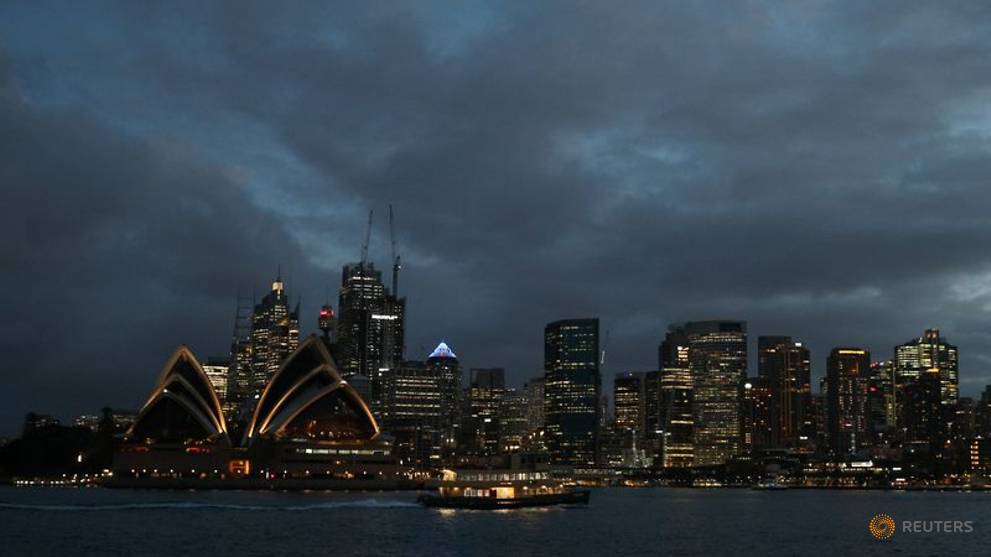
Australia's 'war cabinet' shifts focus to jobs
SYDNEY: Australia's "war cabinet" will meet every month to focus on bringing unemployment down after successfully slowing the spread of COVID-19, Prime Minister Scott Morrison said on Friday (May 28).
Morrison in March convened regular meetings of state and territory leaders – known as the "war cabinet" – to draw up a strategy to tackle the novel coronavirus.
The cabinet agreed to limit outdoor gatherings, close pubs and limit cafes and restaurants to takeaway services, pushing up unemployment to nearly 10 per cent.
Last month, it agreed on a plan to remove all social distancing restrictions by July and Morrison said it would now shift its focus to jobs.
READ: Australia's most populous state to relax restrictions on restaurants, cafes
READ: Australian states split over opening borders for domestic tourism
"The national cabinet will drive the reform process between state and federal cooperation to drive jobs," Morrison told reporters.
The new focus comes after Australia's biggest state, New South Wales (NSW), said the coronavirus could cost it as much AS$20 billion (US$13.3 billion) in lost revenues over the next four years, a far cry from its previous estimate in December of an average budget surplus of AS$1.9 billion over the four years.
"We are facing the type of economic challenge not seen in generations," said NSW Treasurer Dominic Perrottet.
Australia has recorded just over 7,100 coronavirus cases and 103 deaths, with new infections under control across all eight states and territories.
NSW – which has recorded about half of the cases – has moved quickly to reopen compared with other states.
Last week, NSW said cafes, restaurants and pubs will from Jun 1 be able to have up to 50 seated customers, compared with just 10 elsewhere.
Such efforts, the Reserve Bank of Australia (RBA) said on Thursday, would mean the overall economic contraction would be less severe than thought.
The RBA said this month it feared Australia's A$2 trillion economy would shrink by 10 per cent in the first half of the year.